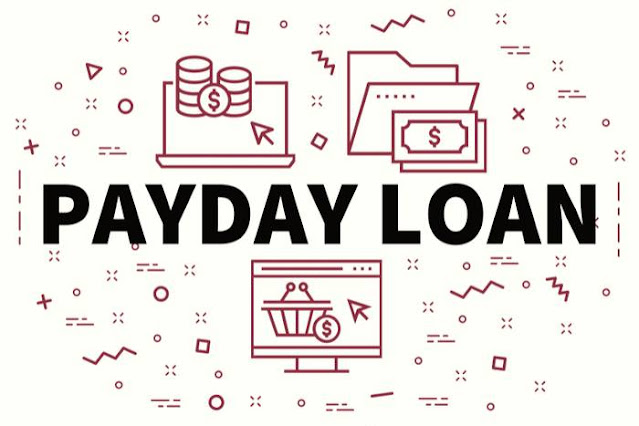Who Uses Payday Loans?
Payday loans, often referred to as cash advances or short-term loans, are small-dollar, high-interest loans designed to tide borrowers over until their next paycheck. They've gained both popularity and criticism due to their accessibility and the situations they're commonly used in. Understanding who uses payday loans can shed light on the reasons behind their prevalence and controversy.
Demographics of Payday Loan Users:
1. Low-Income Individuals:
Income Constraints: People with limited income or those
living paycheck to paycheck are more likely to turn to payday loans to cover unforeseen
expenses or emergencies.
Unbanked or Underbanked: Individuals without access to
traditional banking services often rely on payday loans as a primary financial
option.
2. Young Adults:
Students and Young Professionals: Younger demographics,
including college students and those starting their careers, may resort to
payday loans due to limited credit history and financial instability.
Technological Accessibility: The ease of online payday loan
applications appeals to digitally savvy younger adults.
3. Minorities:
Racial and Ethnic Groups: Studies have shown that sure
racial and ethnic minorities are more likely to use payday loans due to
systemic financial disparities.
Immigrant Communities: Immigrants, particularly those new to
a country, may use payday loans as a quick financial solution when faced with
unexpected expenses.
Reasons for Using Payday Loans:
1. Emergency Expenses:
Medical Bills: Sudden medical expenses often prompt
individuals to seek immediate cash, especially if they lack health insurance
coverage.
Car Repairs: Essential transportation needs can push
individuals to take out payday loans to fix their vehicles promptly.
2. Bills and Utilities:
Utility Shut-Off Threats: When faced with the risk of having
essential services disconnected, such as electricity or water, individuals may
opt for payday loans to avoid disruption.
3. Avoiding Bank Overdraft Fees:
Preventing Overdrafts: Some borrowers use payday loans to
avoid costly overdraft fees charged by banks when their account balance is
insufficient to cover transactions.
4. Lack of Access to Traditional Credit:
Poor Credit Scores: People with poor credit or limited
credit history may find it challenging to access loans from traditional
financial institutions, making payday loans an attractive option despite their
high interest rates.
Criticisms and Concerns:
1. High-Interest Rates:
Cycle of Debt: The exorbitant interest rates associated with
payday loans often trick borrowers in a cycle of debt, where they fight to
repay the loan and end up taking out additional loans to cover existing ones.
2. Predatory Lending Practices:
Lack of Regulation: Critics argue that the payday lending
industry preys on vulnerable individuals, exploiting their financial hardships
by offering loans with terms that are difficult to meet.
3. Impact on Financial Health:
Long-Term Consequences: Continuous reliance on payday loans
can adversely affect an individual's financial stability, leading to a spiral
of debt accumulation.
Conclusion:
While payday loans serve as a quick fix for immediate
financial needs, they come with substantial risks and consequences.
Understanding the demographics and reasons behind their usage highlights the
challenges individuals face in managing their finances and accessing
traditional credit options. Addressing these challenges needs a multi-faceted
approach involving financial education, improved access to affordable credit,
and regulatory measures to curb predatory lending practices. Ultimately, the
goal should be to provide more sustainable financial solutions for those in
need while minimizing the risks associated with short-term, high-interest
borrowing.




Comments
Post a Comment